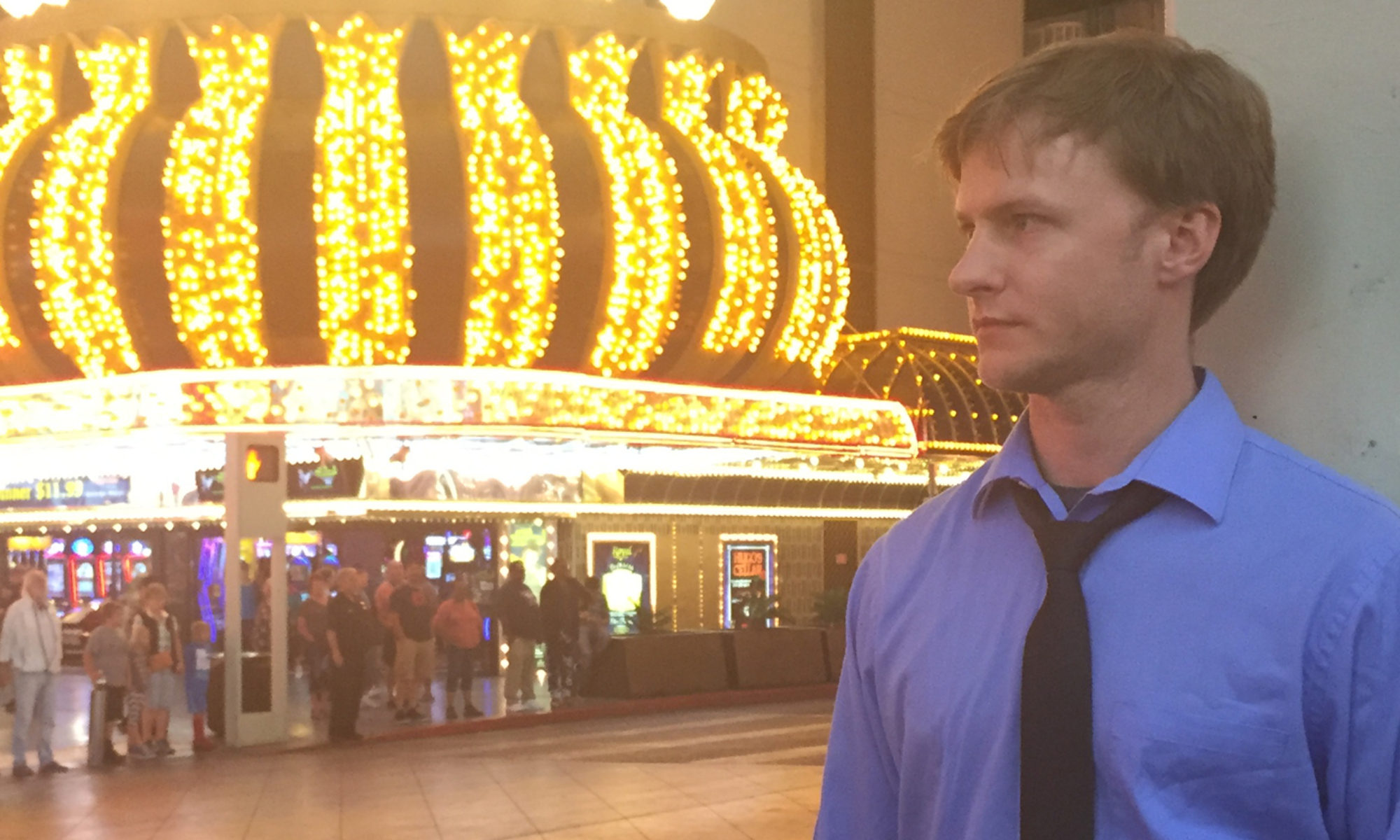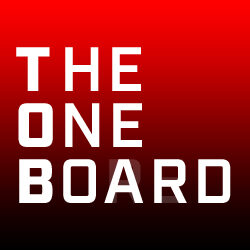This installment of The One Board originally appeared in Bowlers Journal International, June, 2018
Bruce just opened in the ninth, leaving a 204 on the board, giving him a maximum of 234 if he strikes out in the 10th.
His opponent, Karl, has 168 in the seventh with a spare in the eighth. Karl strikes in the ninth, giving him a maximum of 248, a pace of 238 and a current score of 198.
“That one’s over,” says someone. Could be an announcer, a fan, a ball rep, another player, anyone in the building who knows how to keep score. And, in most cases, yes, it’s effectively over as the two bowlers will probably finish their games in such a way that Karl wins.
But if we have to use phrases like “in most cases” and “probably,” how can it be over?
It’s not over. Karl can gutter twice in the 10th for 198, allowing Bruce to win on the bench. Karl can double, then go through the face for a five count, giving Bruce a chance to strike out and win.
Or, in an even more absurd scenario, Karl can leave—and whiff—a 10-pin, giving him a final score of 216, and then the person who originally said “It’s over” in Karl’s favor can say the same for Bruce, which is also completely false as Bruce still needs a mark. Even in saying he needs a mark, we’re not fully accurate, as Bruce actually needs the mark plus three additional pins (two to tie).
Bowling rules dictate a match isn’t over until each player has bowled 10 complete frames, but bowling scoring is such that the winner can be unequivocally decided prior to the completion of those frames. The problem is too many people declaring winners before the outcome is actually certain. Until the score of one player is completely out of reach of the score of the other, no one in the building should be declaring anything over.
Perhaps this personal pet peeve appears petty, with the only possible harm coming from someone being wrong, but others can be affected by this as well.
False claims of matches being over hurt fans, who may be watching a particular match until they hear someone they perceive to be an expert say it’s over. The fans leave to go watch a different match, assuming the result of the prior match was already decided, and then later are confused when they find out the perceived winner actually lost. And, in the case of an unexpected finish like that, it was almost certainly more compelling than wherever the fans went, cheating them out of quality entertainment.
It can hurt players, either in the match or whose standing in the tournament may be impacted by the match. If a player is behind and assumes it’s over when it really isn’t, will he be as motivated to trust the process and take it one shot at a time for his last frame or two? If a player is ahead and assumes victory, can he lapse and make the immense blunder everyone has already assumed he won’t make?
It can hurt directors and producers for broadcasts and webcasts, who rely on their analysts to discuss scores. Generally, when a match is over, a director will strike it from his mind and focus on the matches still being decided. If an analyst makes the wrong call on something being over and the director trusts the analyst, then the fans at home end up missing the end of a match that was still meaningful.
The only time anyone should proclaim a match is over is when one player’s current score, assuming gutter balls for every remaining shot, is higher than the opponent’s maximum possible score from that point in the game.
By the way, Karl struck out in the 10th and shut out Bruce. It was over after all.

